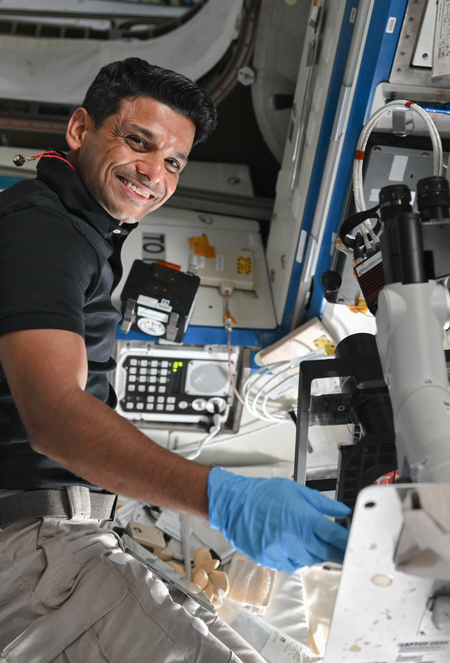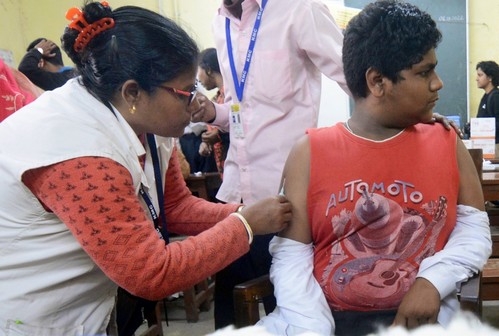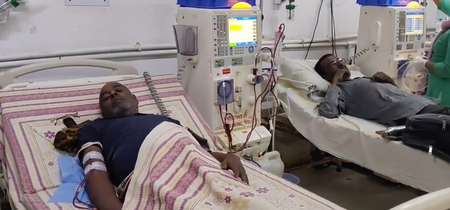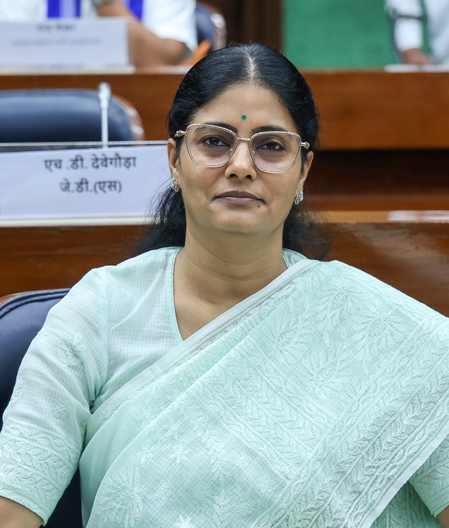
New Delhi, July 23 (IANS) Indian astronaut Shubhanshu Shukla conducted experiments on three indigenous microalgal species and two cyanobacteria strains on the International Space Station to study the sustainability of human life in space, the Union government informed the Parliament on Wednesday.
Last month, Shukla became the first Indian to reach the ISS. He returned on July 15, after an 18-day mission, packed with several experiments, led by ISRO, and other activities on the orbital lab.
In a written reply to the Rajya Sabha, Union Minister of State (Independent Charge) for Science and Technology Jitendra Singh, shared the details of the experiments conducted onboard the ISS to boost biological life support systems for futuristic space missions.
“Three indigenous robust microalgal species, namely, Chlorella sorokiniana-I, Parachlorellakessleri-I, and Dysmorphococcus globosus-HI, were experimented on the International Space Station (ISS) to study the impact of microgravity, CO2, and O2 levels
simultaneously in space and on the Earth (indoor lab),” Singh said.
“These microalgae have the potential to function effectively in microgravity environments and grow fast on Earth to produce value-added products of industrial importance, while in space,
capturing excess CO2 from the ISS cabin and making vital nutrients and food supplements to support the astronauts’ lives in space,” the MoS said.
Singh noted that IAF Group Captain Shukla also studied the growth of two cyanobacteria strains — an Indian isolate of Spirulina, and a very fast-growing Synechococcus strain — on two different nitrogen sources, nitrate and urea, in microgravity.
“The cyanobacteria experiment is expected to demonstrate the ability of cyanobacteria to recycle both carbon and nitrogen,” the Minister said.
It will also be an important progress towards developing cyanobacteria-based biological life support systems for futuristic space missions, he added.
The space journey and experiments conducted by Shukla — the youngest astronaut-designate under India’s Gaganyaan mission — are expected to be a key stepping-stone for India’s human spaceflight mission, slated for 2027.
–IANS
rvt/




